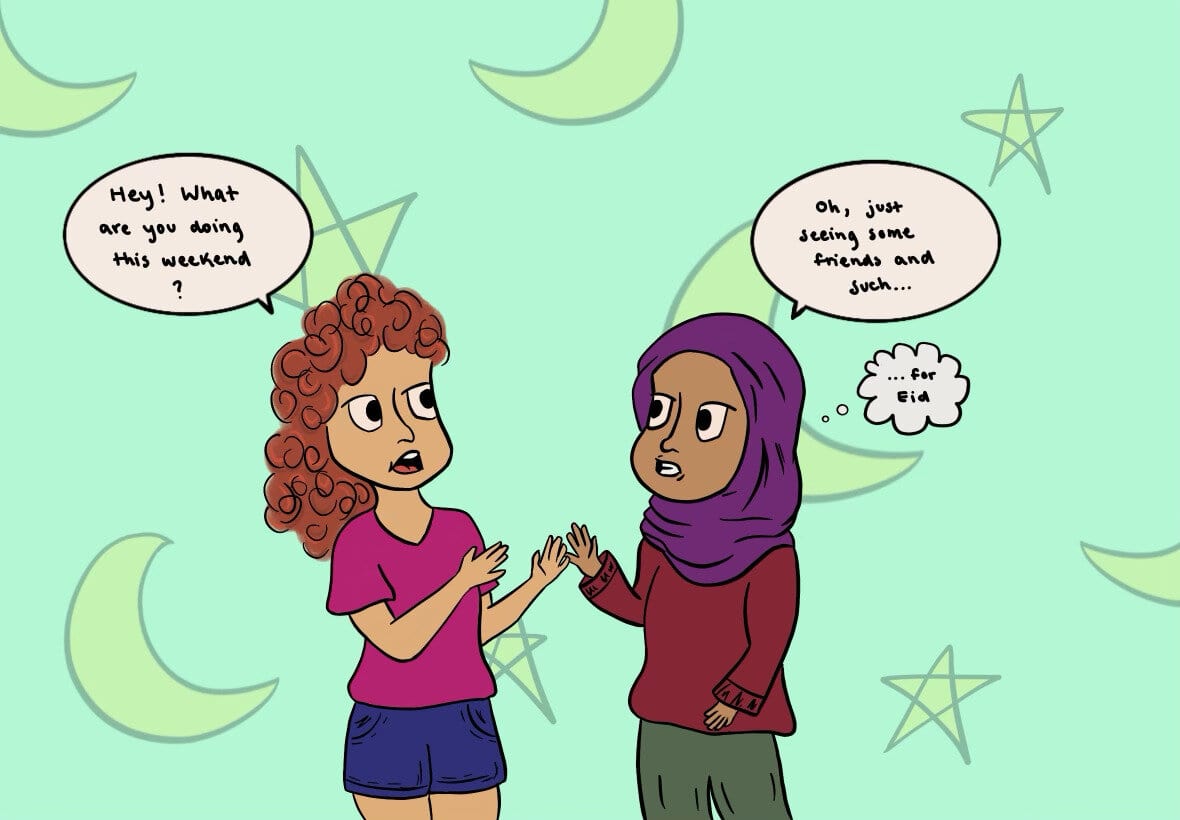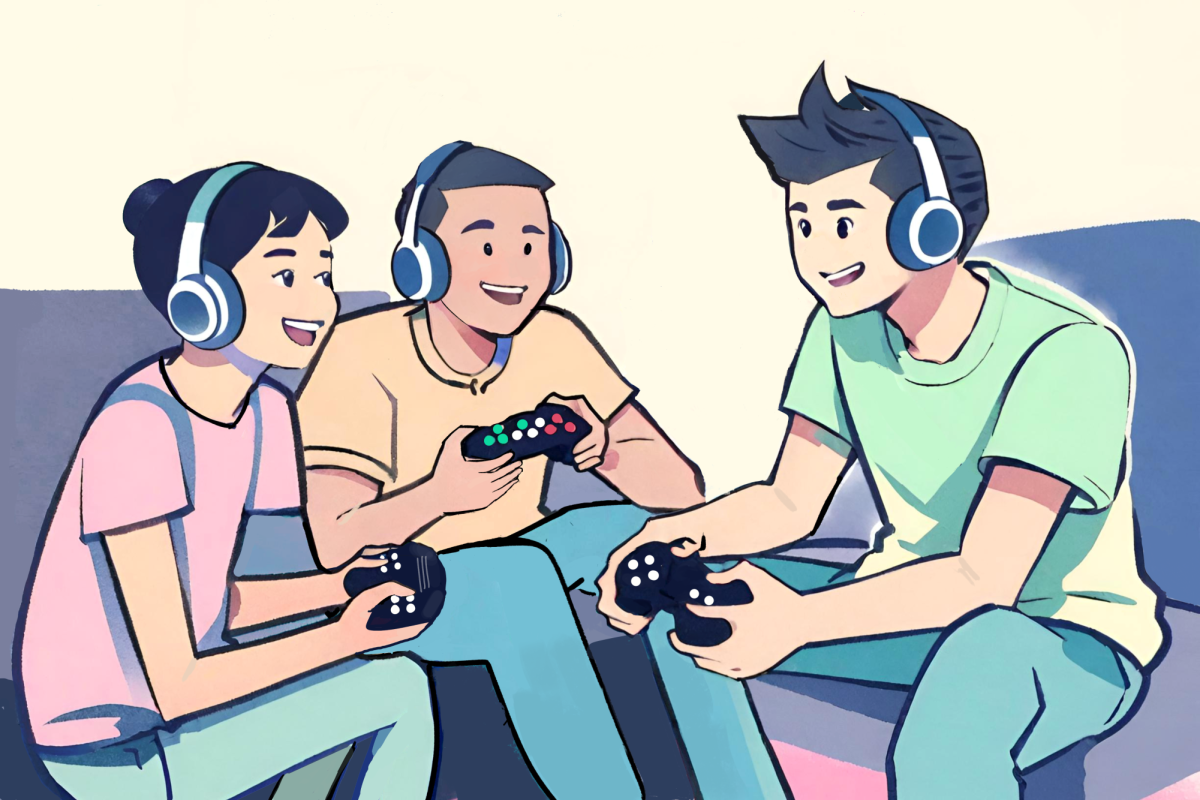The public response to last week’s tragedy in Boston demonstrates how technology and social media are changing the focus of terrorism, and in many ways humanizing its perpetrators.
One of the many reasons terrorism is so much more upsetting than normal crime is that it’s somewhat anonymous. People tend to fear what they don’t know, and an invisible, unseen force of hate is much more terrifying than an understood enemy or deluded individual.
Terrorism also leaves people with a lack of closure. It can be difficult to understand why someone would have so much hate for a country or a culture that they would murder innocent civilians. Friends and family members of victims, as well as those who watch the horror unfold on TV screens, must struggle to find meanings in the deaths and injuries involved. Sometimes people just need to know how to get closure.
What makes Boston different from previous attacks is that for the first time we’re able to really get to know the people that have committed these atrocities. They’re neither in a far-off land nor affected by mental illness (that we know of). Social media outlets like Twitter and Facebook give the public access to words, quotes and musings directly from the attackers.
On April 14, Dzhokhar Tsarnaev, the 19-year-old involved in the attacks, who is known to his friends as Jahar, retweeted a humorous tweet from The Most Interesting Man in the World. We know that on March 28 he ate a delicious breakfast, and that he likes popular TV shows Game of Thrones, Breaking Bad and The Walking Dead. He quotes the musical RENT and gets annoyed at autocorrect. He often tweets fun science facts.
At times, he expresses discontent, writing “most of you are conditioned by the media.”
He has trouble sleeping when he can hear his own heartbeat in his ear. He thinks about love and life, reflecting, “People come into your life to help you, hurt you, love you and leave you and that shapes your character and the person you were meant to be.”
And finally: “If you have the knowledge and the inspiration all that’s left is to take action.”
These are the tweets of a typical 19-year-old America boy. I, too, watch Game of Thrones and the Walking Dead, love RENT, and sympathize with his angsty thoughts. But then I remember what he did.
Twitter, Facebook and the plethora of other sources of information we have about these two terrorists humanize them. Instead of pure and hateful ranting, we see sanity and humanity in his words, which creates a horrifying dichotomy between his innocuous appearance and his hateful and inhuman actions.
So soon after the attacks, it’s difficult to know what impact this humanization will have, but I, for one, hope it will be for the better. Instead of brushing off Jahar as crazy, we have to ask ourselves why he did what he did.
One positive impact that could emerge from this tragedy is increased awareness of the isolation many immigrants feel in the United States. Increased support to help people in these situations assimilate might have prevented American residents like Tamerlan, the older brother involved in the attack, from feeling so guiltless at the thought of murdering innocent Americans.
Humanizing terrorists might also prevent homegrown terrorism on a local level, because it stresses the individuals who are involved in the attacks and not their race in general. After the September 11 attacks, a huge problem in the United States that fueled anti-American sentiment was the stereotyping and hate crimes committed by Americans against American Muslims and Sikhs. By stressing the motivations of the individual, we deemphasize the ethnic aspect of terrorism in general, which will hopefully prevent similar attacks from occurring in the long run.
It’s impossible to know how domestic and international terrorism will change within the next few years. However, in an increasingly connected age, it seems the days of anonymous terrorists may be behind us.














